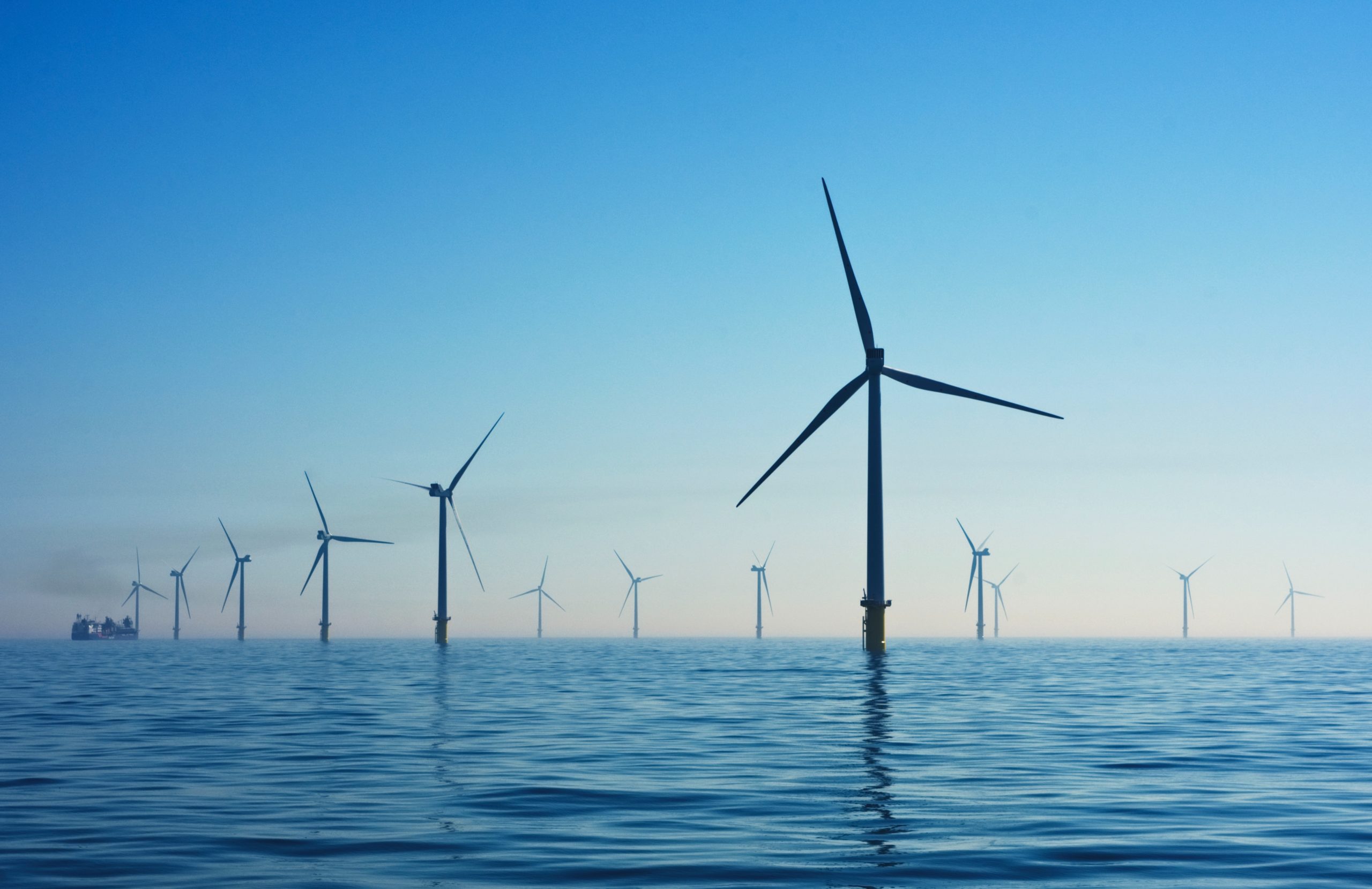Equinor confirms departure from Ireland and floating offshore wind farm

In 2019, Equinor partnered with the Irish utility Electricity Supply Board (ESB). Earlier this year both groups confirmed the development of a $2.3 billion 1.4GW floating offshore wind site off the coastline of Clare and Kerry. The site would have represented the first offshore wind farm in the Atlantic.
The plan involved converting the Moneypoint coal power station in Clare, the last remaining coal-powered station in Ireland into a multibillion green energy site. The site was expected to be online within the next ten years and would generate power to over 1.6 million properties across Ireland.
However, Equinor has abandoned the project and confirmed it will be leaving all projects in Ireland. According to the Irish Examiner, Equinor has ended wind development plans in Ireland due to a lack of confidence in the regulatory and planning restrictions.
The Irish Examiner stated that the departure of Equinor represented a significant blow for offshore wind production in Ireland.
Michael McGrath, the Minister for Public Expenditure, explained to Newstalk that there is a necessity to transform the regulatory and planning system, and that is happening. For example, the Maritime Area Planning Bill will, for the first time, have its system to tackle specific maritime planning issues, including offshore renewable energy.
There will also be a renewable energy auction next year in this area, and it’s anticipated that by 2025 there will be several offshore renewable developments in place. In regards to Equinor’s departure, McGrath explained that it wasn’t necessarily as drastic as initially believed due to many businesses being eager to enter the Irish wind market.
Noel Cunniffe, the CEO of Wind Energy Ireland, said they were sorry to see one of the leading energy companies leaving Ireland, however, he explained that it is vital to remember that Ireland has one of the stronger offshore wind energy resources in the world and an expanding project pipeline.
Cunniffe admits, however, that the decision by Equinor does highlight what has been resonated for some time in Ireland, that reforming the planning and regulatory framework isn’t happening quick enough to support offshore wind development and reach the targets set in the Climate Action Plan. Ireland has a target to source 80% of its electricity from clean energy by 2030. This is leading to a growing lack of confidence in the industry and the international supply chain that needs to be addressed by the Irish Government.
All News
